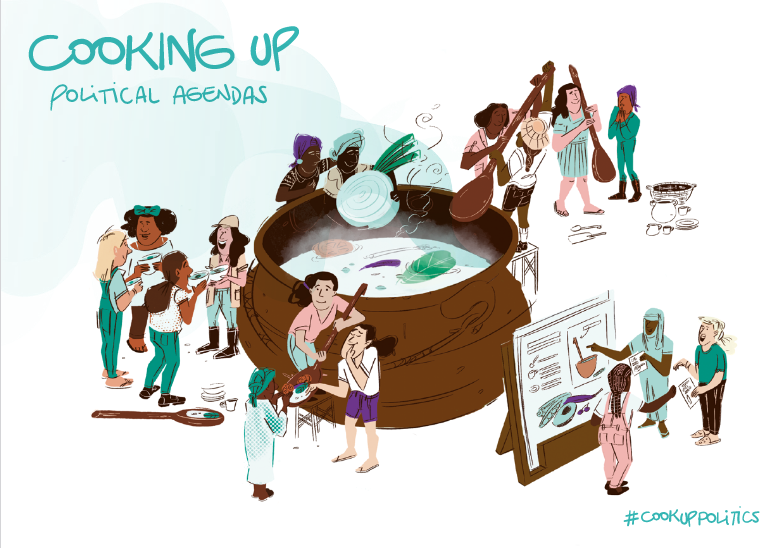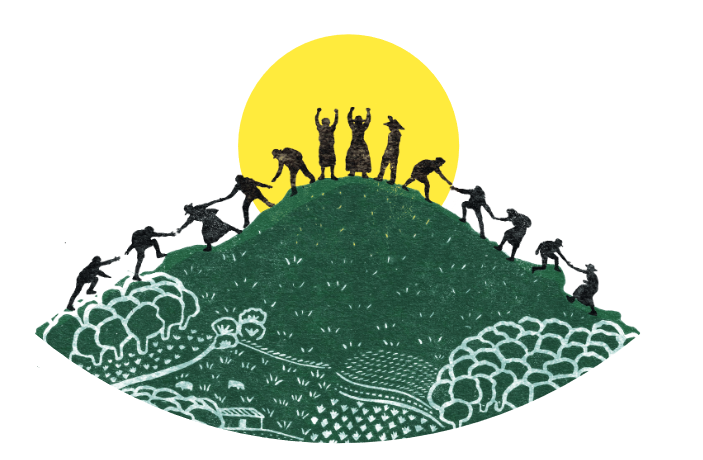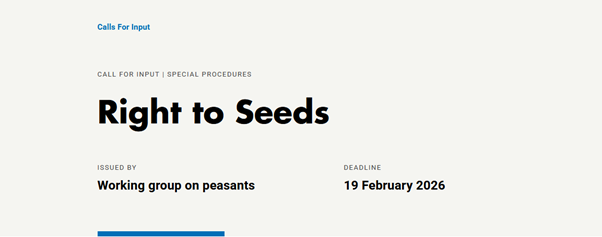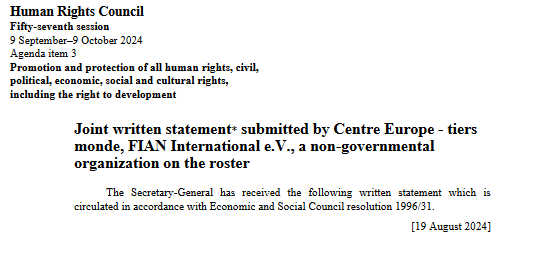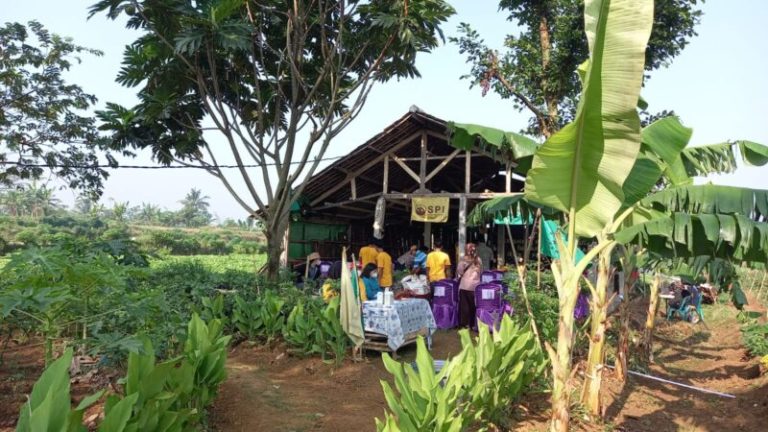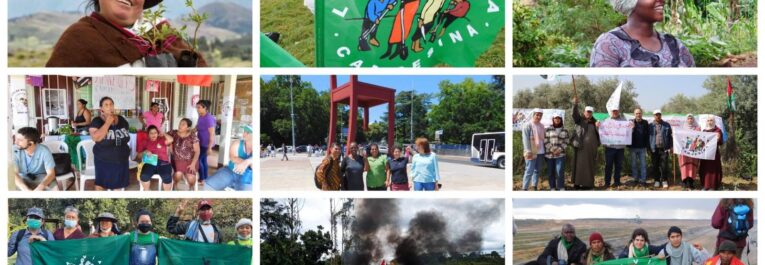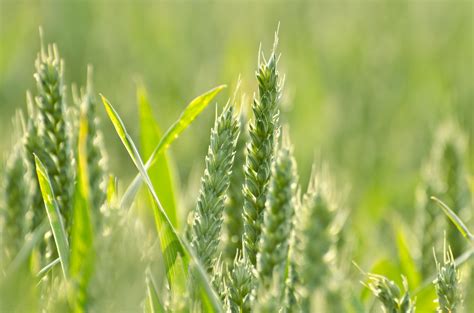Cooking up political agendas
Feminist materials on the right to food and nutrition for women in rural areas
“Cooking up political agendas” was first published on Fian international website on September 7, 2020. You can find it here.
With “Cooking up political agenda” Fian international proposes a full set of tools to organize struggles for the right to food from a feminist perspective. This full set includes : a guide, postcards, a poster, a notebook, name tags and a powerpoint. You can find it all HERE.
The UNDROP as a utensil for organizing
In this feminist guide the UNDROP is presented as a tool for the right to food and nutrition, especially for women in rural areas. The UNDROP recognizes a right to food and food sovereignty at its article 15. This article was critical for La Via Campesina and its allies during the negotiations of the UNDROP at the UN, it is a victory to have it in the UNDROP.
The UNDROP can be a powerful utensil for feminist struggles. Its article 4 is dedicated to peasant women, women working in agriculture and rural women in general. It gives States obligations toward these women, the first one being to not discriminate them and to end all discrimination against them. To learn more about this article you can read Cetim’s training sheet n°6 Non-discrimination against rural women and Fian’s briefings: Rural women’s rights.
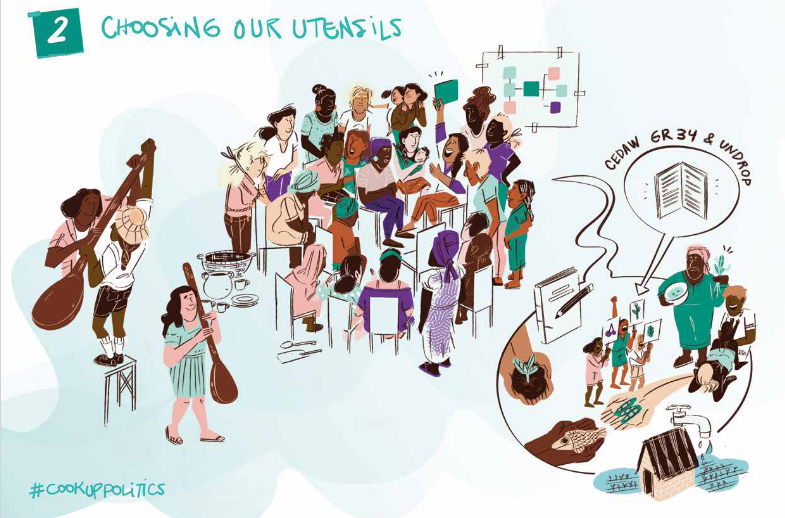
Extract from the postcards
The ‘common cooking pot’ has historical and political significance. At different moments in time, women in Latin America living under authoritarian regimes would create spaces to discuss politics and articulate actions of resistance. This strategy was also used to respond to severe economic and food crises. Although the practice is not common throughout the world, the political meaning and material use of the ‘common cooking pot’ can be translated across borders. From selecting the best seeds when harvesting, to giving the finishing touch to dishes full of flavor, women have passed on knowledge about food from one generation to the next. This intergenerational sharing of knowledge around food encompasses a rich set of spiritual and material relationships.
Rather than reinforcing gender roles that confine women to duties of social and reproductive labor (bearing the sole responsibility of ‘cooking’, ‘caring’ and ‘feeding’), this Guide evokes the emancipatory potential of collective organizing and knowledge construction between women. The ‘common cooking pot’ enhances collective building and transmission of different ways of knowing between women. It recalls women’s political subjectivities and their struggles against oppression. Throughout the guide, we choose to speak of ‘cooks’ instead of ‘participants’, and ‘recipes’ instead of ‘experiences’. In this way, the metaphor of the cooking pot is able to break through the fictional borders that divide different aspects of women’s lives (referred to as the private and public spheres). We hope this Guide will provide a grounded space for women in rural areas to ‘cook up’ political transformative agendas on the human right to adequate food and nutrition.

